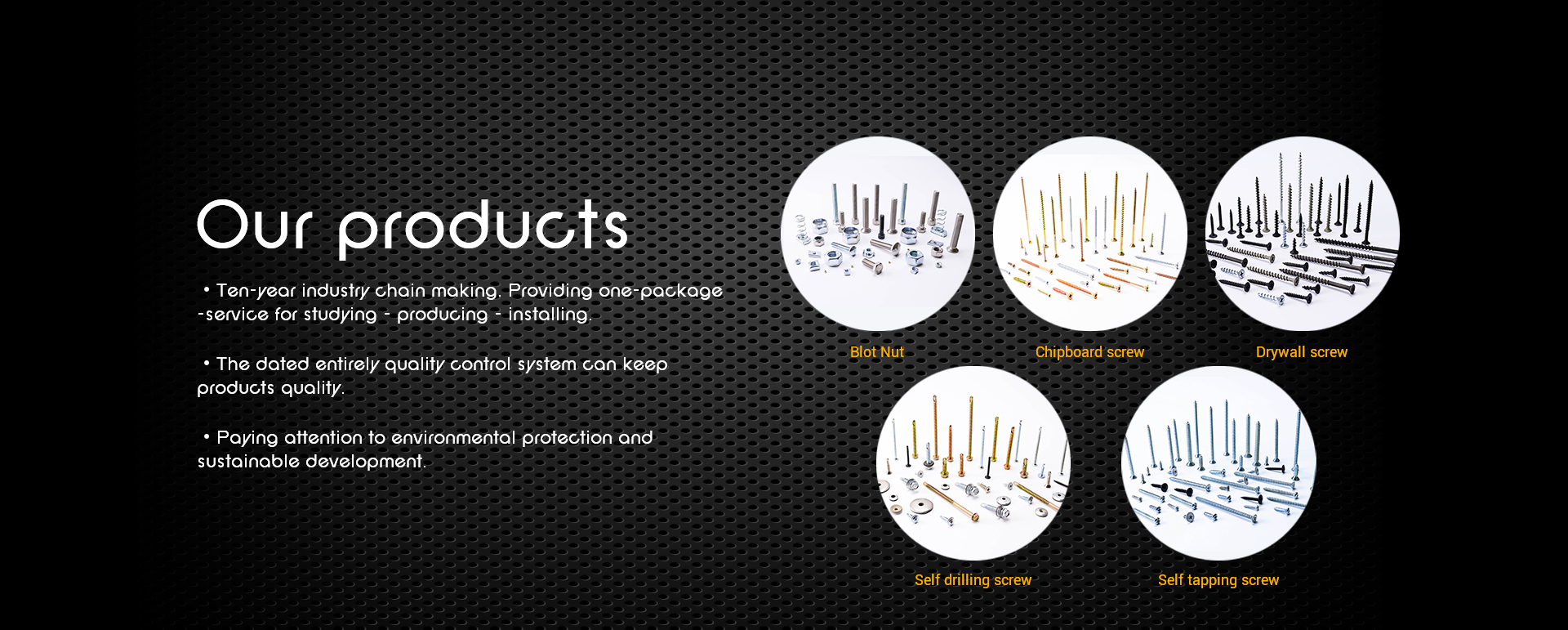5) Delayed fracture Delayed fracture is usually caused […]
5) Delayed fracture
Delayed fracture is usually caused by hydrogen embrittlement. Hydrogen embrittlement is a trace of hydrogen entering the outside of the steel during the production process (such as electroplating and welding), which causes embrittlement and cracking of the material under the action of external residual or external stress. Common fasteners that are prone to hydrogen embrittlement include: self-tapping screws, elastic washers, and graded bolts after electroplating surface treatment.
6) Parts torque alarm
The part torque alarm usually occurs during the bolt assembly process, and the torque is controlled by the angle method. The main reason is: the original assembly torque control range of the part is inappropriate, which is manifested as the set control range is too large, and the control range is shifted up and down.
When the torque reaches the upper limit but is not preloaded to the preset angle, an alarm: the original friction coefficient of the part exceeds the upper limit, the friction coefficient of the part exceeds the upper limit, and the interference between the parts causes the assembly torque to rise rapidly.
Stable assembly, lower torque limit alarm: Initially, because the friction coefficient of the part itself exceeds the lower limit or the matching friction coefficient of the part exceeds the lower limit, the matching torque when the part is screwed is greater than the initial torque (that is, the consumption of the screwing torque is too small), and it is often used for tightening fasten the screw nut.
7) Thread sliding tooth
Thread slippage often occurs in threaded connections, mainly due to thread decarburization. A common phenomenon is that the torque cannot be increased during the assembly process. After removing the bolt, it is found that the threads are all or partly ground, and the surface hardness of the bolt threads or nut holes is high; the internal thread and the external thread are matched in size, and the mating coupling pair has a large contact area. There are two situations: First, it is difficult to tighten the thread; Second, the thread and the thread never touch in the middle diameter (but the accuracy is well matched, the contact between the bolt thread and the nut thread is never enough). In addition, if the assembly on the assembly method has never been aligned with the hole, tightening vigorously will also cause the thread to slide; the thread friction coefficient is too large, the surface coating is improper, the surface roughness, the surface lubricant and the foreign matter in the bolt thread or screw hole, Thread damage and changes in pitch and angle between bolts and nuts can cause thread slippage.
